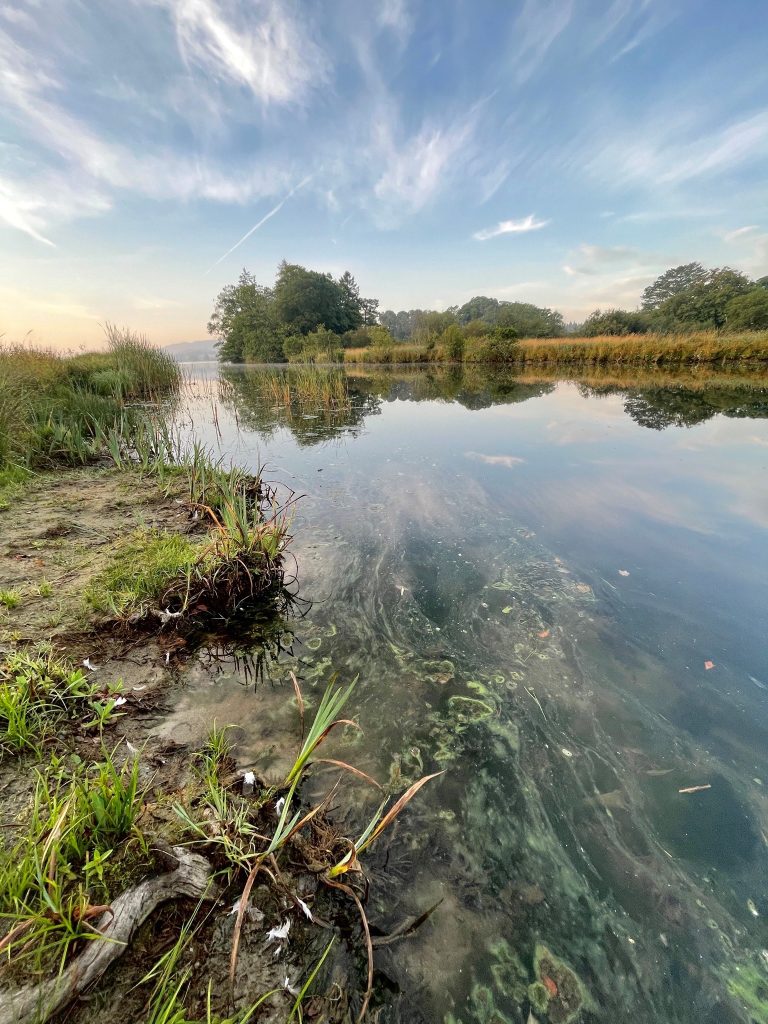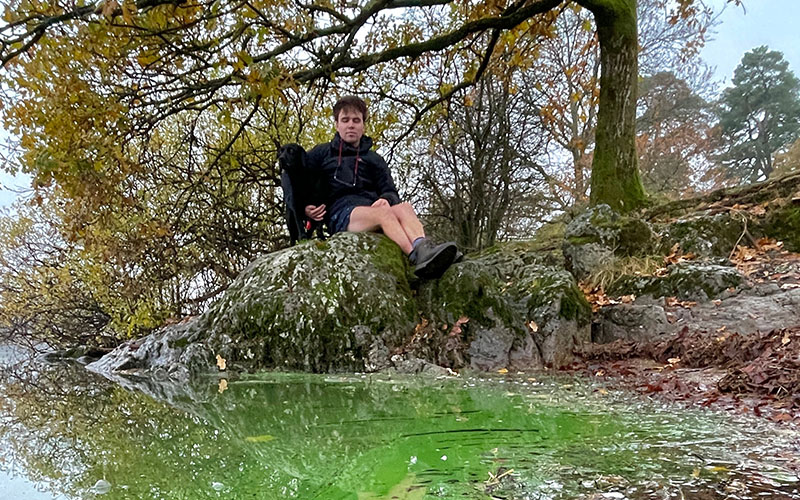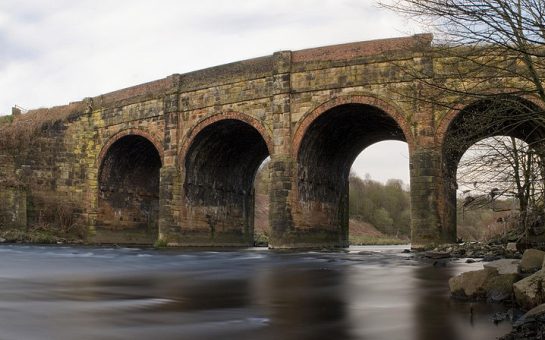A conservationist turned campaigner has taken the next step in his mission to safeguard Lake Windermere from pollution damage.
Matt Staniek, 27, a zoologist from Windermere, has registered his newly-formed Windermere Lake Recovery Community Interest Company (CIC) as a non-profit organisation.
Last year, Matt launched a petition– which has garnered nearly 110,000 signatures and was backed by Lord Cavendish- to tackle the lake’s decreasing water quality, after his daily observations showed the once clear waters were now clouded with toxic algae, leading to a sharp decline in biodiversity.
His latest endeavour promises more immediate action.
He said: “Infra-structural changes may take longer, but I’m focussed on what we do now.
“People need to take the state of nature in the UK seriously- it’s in decline, we need to act.”
Matt discovered unregulated sewage disposal from household septic tanks, disposal by water companies of untreated sewage into the lake during storms, and run-off’s of sewage from farms were the main causes of phosphorus pollution, which fuels the growth of toxic algae, affecting wildlife.

Windermere Lake Recovery was registered just days after the water regulator Ofwat revealed it had begun enforcement cases against five water companies (Anglian Water, Northumbrian Water, Thames Water, Wessex Water and Yorkshire Water), after evidence that levels of illegal discharges of raw sewage could be 10 times higher than disclosed, appeared to be supported by a 2021 investigation.
The South Cumbria Rivers Trust (SCRT), last year produced an interactive map detailing 1,719 legal storm overflow sewage dumps into Windermere in 2020, lasting 7,236 hours and said recorded phosphate spikes were ten times worse than in 2019, when Windermere was officially downgraded from a good to moderate designation.
Windermere Lake Recovery will work with landowners and organisations like SCRT and the Cumbria Wildlife Trust, on projects to improve water quality.
Matt said: “The aim of the CIC is to benefit the community, I want to tackle water quality and the pressure on communities as it worsens.”
SCRT estimates household habits are responsible for 35 per cent of phosphorus pollution.
Windermere Lake Recovery will promote public awareness through social media campaigns and short films.
Matt believes: “sharing on social media is massive, because we can all make a difference, if we change to environmentally friendly detergents, washing up liquids and shampoos, we can reduce the pressure on Windermere.”
Another 30 per cent of pollution is from agricultural waste.
The CIC’s first project, will create a new river ecosystem on a National Trust farm; the company will work with the farmers to construct wetland, plant trees and install riparian buffer strips to soak up phosphorus before it reaches the lake.
Matt explained: “It’s about allowing wildlife to recover naturally, it’s exciting because it’s happening now, and will start actively reducing phosphorus in the water.”
Matt has launched a fundraising campaign to help with the project’s £41000 cost, saying:
“It’s not just the local community that cares about Windermere- millions of people across the world travel to the Lake District.
“I was blown away by how much was raised in such a short time, the support has been phenomenal.”
Unlike many commercial companies, as a CIC, Windermere Lake Recovery can apply for community funding and Matt hopes for grants from the Environment Agency, and Lake District Foundation with a view to the money being used as a match funder to facilitate future work.
He hopes efforts at Windermere can act as a blueprint for action surrounding other waterways in the UK, explaining: “Windermere is nationally significant and I think the national park should set an example.
“I’m a drop in the ocean, there’s amazing stuff happening around the country.
“People can get involved by coming to events, I think it’s important the community can jump onboard.”
One event, organised by Matt’s partners at the Freshwater Biological Association, is The Big Windermere Survey.
Volunteers will collect samples from 100 spots around Windermere to be examined by scientists at Lancaster University and the FBA.
The survey is supported by United Utilities which claims it has spent £40 million upgrading treatment works, that only five per cent of its discharge is untreated sewage and has pledged £230 million to improve waterways in the Northwest and to reduce overflow pipe spills by a third by 2025.
In January MPs from the environmental audit committee called for better regulation of water companies and a review of their self-reporting of pollution.
Matt wants the government to do more, including implementing a clear deadline for removing pollution from Windermere.
He explained: “It leads to accountability – Windermere could be pristine with enough investment.
“We’ll have to wait and see the state of Windermere in 10 years, work is still to be done – I try not to think about it, I just do the best I can.”

